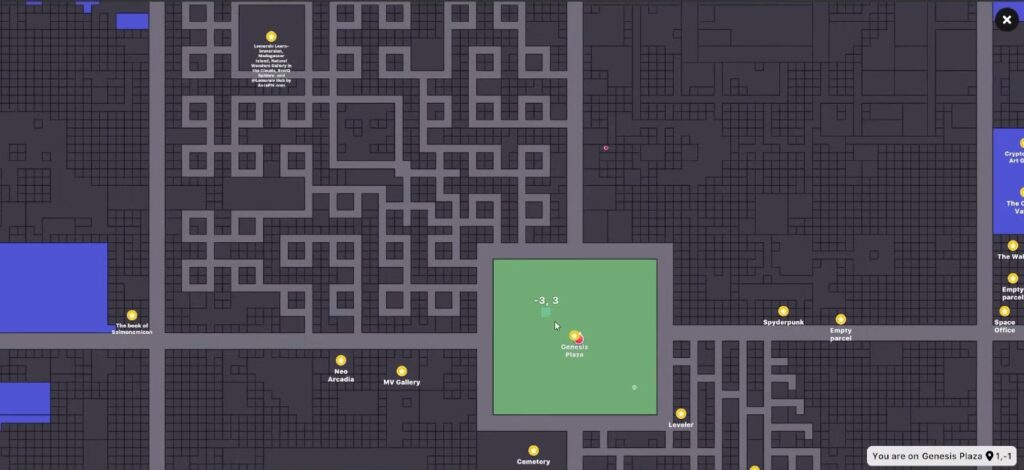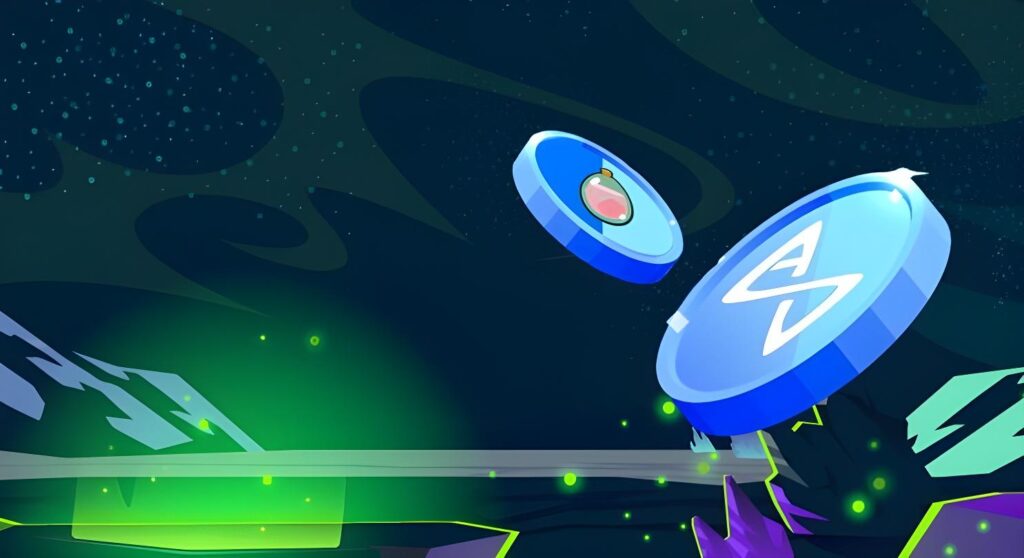The advent of blockchain technology has revolutionized various industries, and the gaming sector is no exception. Blockchain game studios are at the forefront of this transformation, creating decentralized ecosystems that empower players, enhance game mechanics, and redefine ownership. This article delves into the intricacies of blockchain game development, exploring its architecture, economic models, and real-world applications.
Understanding Blockchain Technology in Gaming
Blockchain is a distributed ledger technology that ensures transparency, security, and immutability of data. In gaming, it allows for the creation of decentralized applications (dApps) that can operate independently of a central authority. This decentralization is crucial for fostering trust among players, as it eliminates the risk of fraud and manipulation.
According to a report by DappRadar, the blockchain gaming sector saw a staggering 2.5 million daily unique active wallets in Q3 2023, representing a 20% increase from the previous quarter (DappRadar, 2023). This growth underscores the increasing interest in blockchain-based games and the potential for studios to tap into this burgeoning market.
Key Components of Blockchain Game Development
Smart Contracts
Smart contracts are self-executing contracts with the terms of the agreement directly written into code. In gaming, they facilitate various functionalities, such as in-game transactions, asset ownership, and reward distribution. For instance, in the game Axie Infinity, smart contracts govern the breeding and trading of Axies, which are unique digital pets represented as non-fungible tokens (NFTs).
Non-Fungible Tokens (NFTs)
NFTs are unique digital assets that represent ownership of a specific item or piece of content on the blockchain. In gaming, NFTs can represent characters, skins, weapons, and even virtual real estate. The ability to own and trade these assets creates a player-driven economy. For example, Decentraland allows players to buy, sell, and develop virtual land as NFTs, creating a vibrant marketplace that mirrors real-world real estate dynamics.

Decentraland is a virtual world platform where users can buy, sell, and manage virtual properties in the form of NFTs.
Decentralized Autonomous Organizations (DAOs)
DAOs are organizations governed by smart contracts, allowing stakeholders to participate in decision-making processes. In the gaming context, DAOs can empower players to influence game development, balance changes, and community initiatives. An example is the Yield Guild Games (YGG), which operates as a DAO to invest in and manage a portfolio of NFT assets across various blockchain games.
Economic Models in Blockchain Gaming
The economic models in blockchain gaming are fundamentally different from traditional gaming. They often incorporate play-to-earn (P2E) mechanics, where players can earn real-world value through gameplay. This model has gained traction, particularly in developing countries, where players can generate income by participating in games.
According to a study by the World Economic Forum, players in countries like the Philippines have reported earning between $200 to $1,000 per month through P2E games like Axie Infinity (World Economic Forum, 2022). This economic incentive has led to a surge in player engagement and investment in blockchain games.
Real-World Examples of Blockchain Game Studios
Sky Mavis and Axie Infinity
Sky Mavis, the studio behind Axie Infinity, has become a pioneer in the blockchain gaming space. Launched in 2018, Axie Infinity allows players to breed, battle, and trade Axies, which are NFTs. The game’s economy is powered by two tokens: AXS (Axie Infinity Shard) and SLP (Smooth Love Potion). Players can earn AXS through gameplay and governance participation, while SLP is earned by winning battles.

Earn AXS by governing and SLP by winning battles in Axie.
As of October 2023, Axie Infinity has generated over $4 billion in total sales, making it one of the most successful blockchain games to date (DappRadar, 2023). The game’s success has prompted other studios to explore similar models, leading to a proliferation of P2E games.
Ubisoft and Blockchain Integration
Ubisoft, a major player in the gaming industry, has begun exploring blockchain technology to enhance its gaming ecosystem. The company has invested in blockchain startups and is experimenting with integrating NFTs into its games. For instance, Ubisoft Quartz allows players to buy and sell NFTs representing in-game items across various titles.
While the reception has been mixed, with some players expressing concerns over the environmental impact of blockchain, Ubisoft’s foray into this space highlights the potential for established studios to innovate and adapt to new technologies.
Challenges and Considerations
Despite the promising prospects of blockchain gaming, several challenges must be addressed. Scalability remains a significant concern, as many blockchain networks struggle to handle high transaction volumes without compromising speed and cost. Ethereum, for instance, has faced congestion issues, leading to high gas fees during peak times.
Moreover, regulatory uncertainty poses a challenge for blockchain game studios. As governments worldwide grapple with how to classify and regulate cryptocurrencies and NFTs, studios must navigate a complex legal landscape. Compliance with anti-money laundering (AML) and know your customer (KYC) regulations is essential to ensure the legitimacy of their operations.
The Future of Blockchain Game Studios
The future of blockchain game studios appears promising, with several trends shaping the landscape. Interoperability between different blockchain networks is gaining traction, allowing players to transfer assets across games seamlessly. This could lead to the emergence of a metaverse where players can interact and trade assets across multiple platforms.
Additionally, the integration of artificial intelligence (AI) and machine learning (ML) into blockchain games could enhance gameplay experiences. AI-driven NPCs (non-player characters) could create dynamic and engaging environments, while ML algorithms could analyze player behavior to tailor experiences and rewards.
Furthermore, as the gaming community becomes more aware of the benefits of blockchain technology, we can expect an increase in demand for decentralized gaming experiences. Studios that prioritize player ownership, transparency, and community engagement will likely thrive in this evolving landscape.
Conclusion
Blockchain game studios are at the forefront of creating next-gen entertainment ecosystems that empower players and redefine ownership in gaming. By leveraging smart contracts, NFTs, and DAOs, these studios are building decentralized platforms that foster trust and economic opportunities. While challenges such as scalability and regulatory uncertainty remain, the potential for innovation and growth in this sector is immense. As the gaming industry continues to evolve, blockchain technology will play a pivotal role in shaping the future of interactive entertainment.
In summary, the integration of blockchain technology into gaming is not just a trend; it represents a fundamental shift in how games are developed, played, and monetized. The success of titles like Axie Infinity and the interest from established companies like Ubisoft indicate a robust future for blockchain gaming, characterized by player empowerment and innovative economic models.

